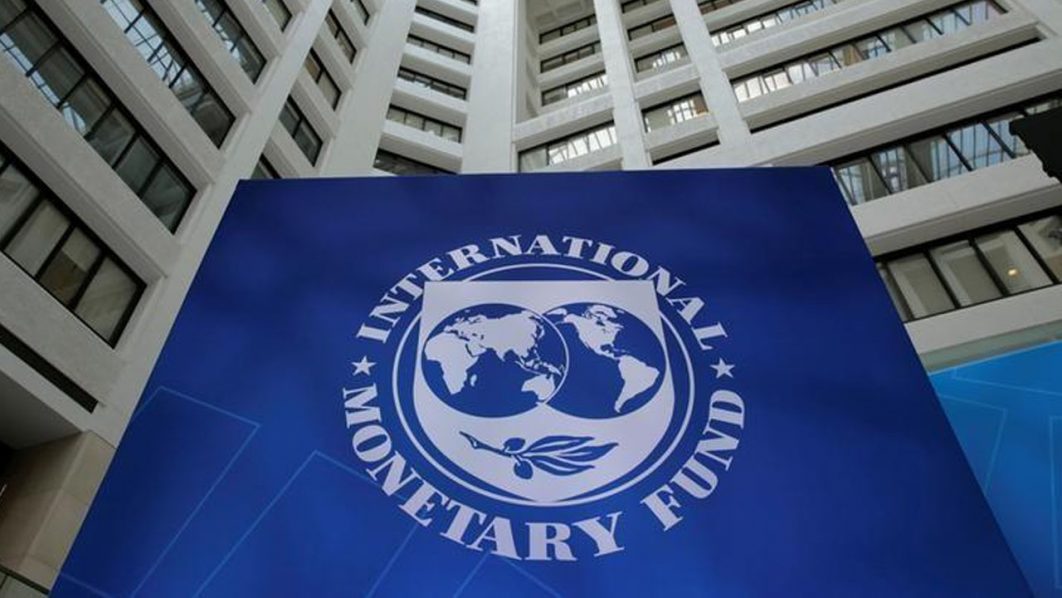The gender gap in science and technology education is a major obstacle to inclusivity and advancement in green job sectors, according to the International Monetary Fund (IMF), which has called on policymakers globally to address the issue.
The IMF brought attention to the under-representation of women in these crucial professions in a blog post published on Saturday via X.
“The gender gap in STEM education is one of the biggest barriers to women getting green jobs. These skills are essential for engineering, renewable energy, and technology sectors that drive innovation. But women remain under-represented in STEM fields despite making significant progress in higher education,” the IMF stated.
Read also: IMF advises Nigeria to establish robust Crypto regulatory framework
The organisation claims that women are under-represented among STEM graduates in many nations, which puts them at a disadvantage for positions in the green economy.
“Without targeted efforts to increase such participation, the green transition may worsen workforce gender inequality,” the blog post warned.
Potential economic and environmental effects of gender gap in science, tech
The IMF underlined that the gender gap in science and technology has far-reaching economic and environmental effects.
It noted that nations with a greater proportion of STEM-educated professionals and stronger gender equality laws experience more significant reductions in greenhouse gas emissions.
Read also: IMF predicts AI’s impacts on jobs globally
“Emissions intensity in these countries is 2 to 4 percentage points lower,” the IMF reported, citing its research.
To bridge the gap, the IMF called for comprehensive reforms, including early exposure to STEM subjects, mentorship programmes, and public-private partnerships.
“Policymakers should lower these barriers by giving women incentives for STEM education and ensuring equal access to green jobs,” it urged.




